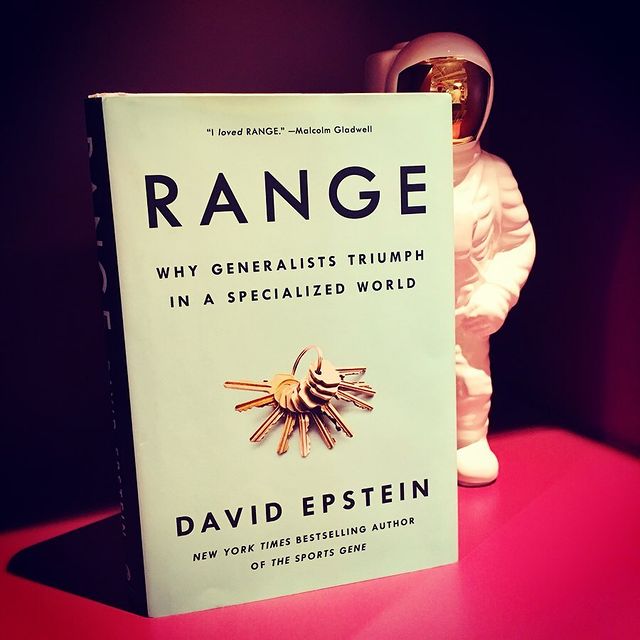
Review : The general takeaway is that specialisation is overrated and secondly exposing one’s self to a range of ideas/varieties (sampling) and quitting the unfulfilling ones give perspective and make you a better person.
Epstein explains there are 2 types of learning environment, kind and wicked. The kinder the learning environment is, the more amendable is to specialisation and to being automated; in this respect, Gladwell’s 10,000-hours rule (an ideology that anyone can become an expert in a given area by putting in the time) works by recognising recurrent patterns through deliberate practise but not in a wicked environment.
Another lesson learnt from Range is that quitting is okay. We often afraid that if we get off this elevator, we might have to take the stairs rest of the way and never catch up. Life is an experiment. Don’t feel behind just because you are years behind your peers. When you make a change, you actually investing in yourself and in breadth.
An inspirational read, recommended
Notes / Highlights
In “Kind” learning environment: patterns repeat over and over, and feedback is extremely accurate and usually very rapid, for example, playing chess. That is the very definition of deliberate practice, the type identified with both the 10,000 rule and the rush to early specialisation in technical training. The learning environment is kind because a learner improves simply by engaging in the activity and trying to do better.
In “Wicked” domain, the rules of the game are often unclear or incomplete, there may or may not be repetitive patterns and they may not be obvious, and feedback is often related, inaccurate or both, for example, the stock market.
(updating…)
Amazon | Good Reads | Book Depository
◃ Back